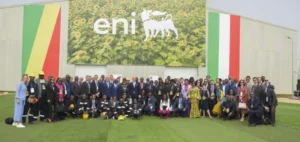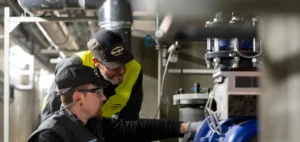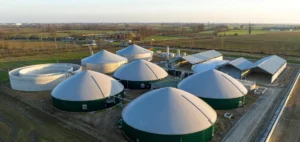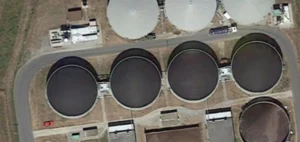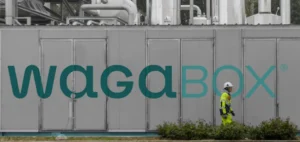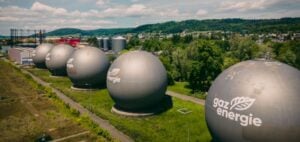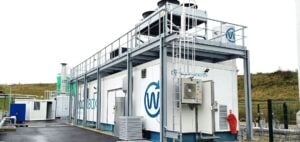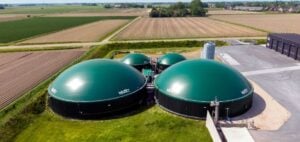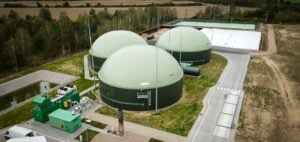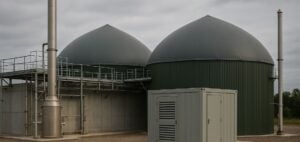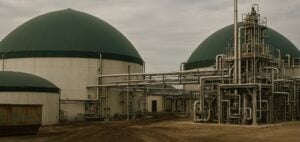The threat to funding renewable heat projects has been averted. The Ministry of Ecological Transition confirmed that the Heat Fund, managed by the Agency for Ecological Transition (Ademe), will receive a budget of 800 million euros for 2025, instead of the initially projected 540 million euros.
Established in 2009, this fund plays a key role in France’s energy transition. It supports various projects such as urban heat networks, biomass, geothermal energy, and solar thermal energy. A significant budget reduction would have jeopardized many projects and marked a standstill year for the installation of new infrastructure.
An Essential Budget Adjustment
Initially, the 2025 draft budget law proposed reducing Ademe’s credits from 1.37 billion euros to 0.9 billion euros. This decrease would have mechanically impacted the Heat Fund, reducing its allocation from 820 million euros in 2024 to 540 million euros. This scenario raised significant concerns among professionals and local authorities.
In response to the criticism, Agnès Pannier-Runacher, Minister of Ecological Transition and Energy, expressed her reservations, warning about the consequences of such a reduction. “For 37 euros of state investment, it’s one ton of CO2 less released into the atmosphere,” she emphasized. She advocated for a review, citing the fund’s strategic importance in reducing France’s energy dependence.
A Positive Signal for Local Stakeholders
Thanks to favorable arbitration by the Prime Minister, the Heat Fund budget will ultimately be maintained at nearly the exceptional 2024 level. This preservation at 800 million euros will sustain the momentum already in place, promoting the continuation and emergence of projects across regions.
For the Federation of Energy and Environment Services Companies (Fedene), this budget effort is essential to support the one billion euros worth of projects identified for 2025. Furthermore, the 500 million euros unallocated in 2024 will reinforce planned initiatives.
A Tool for Energy Transition and Sovereignty
The Heat Fund is not just an environmental lever; it also serves as an economic and strategic tool. It helps stabilize energy costs while reducing dependence on imported fossil fuels, a critical issue in today’s geopolitical context.
By ensuring this funding, the government sends a strong signal in favor of the energy transition while safeguarding the viability of local projects for sustainable and accessible energy.



